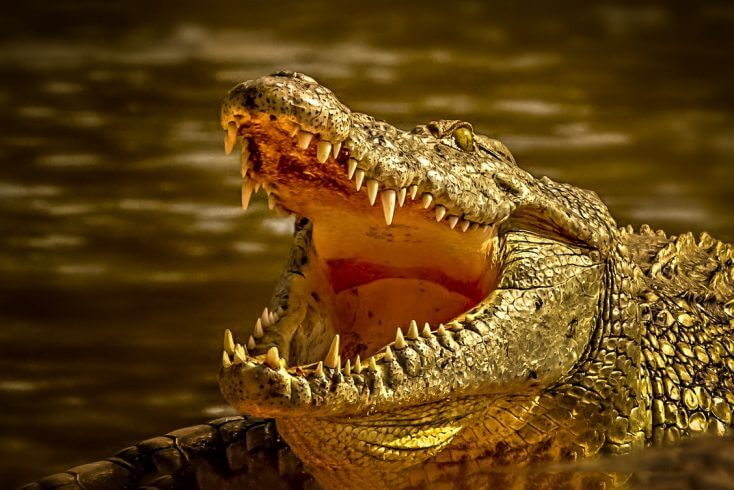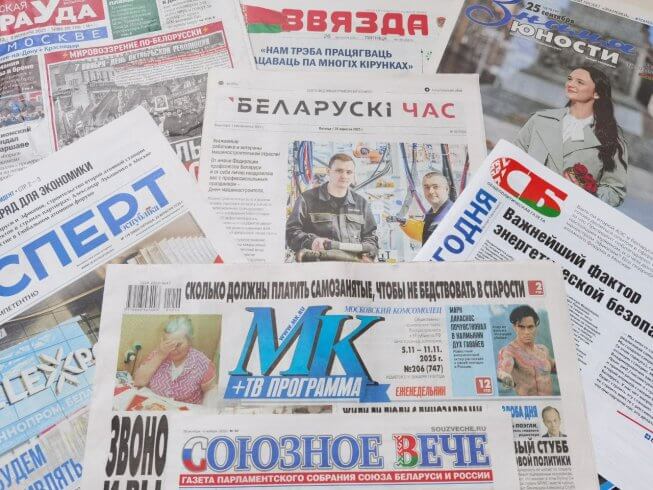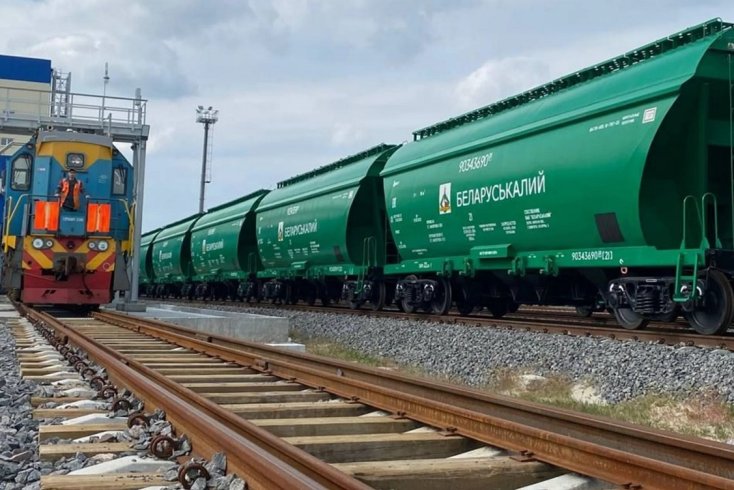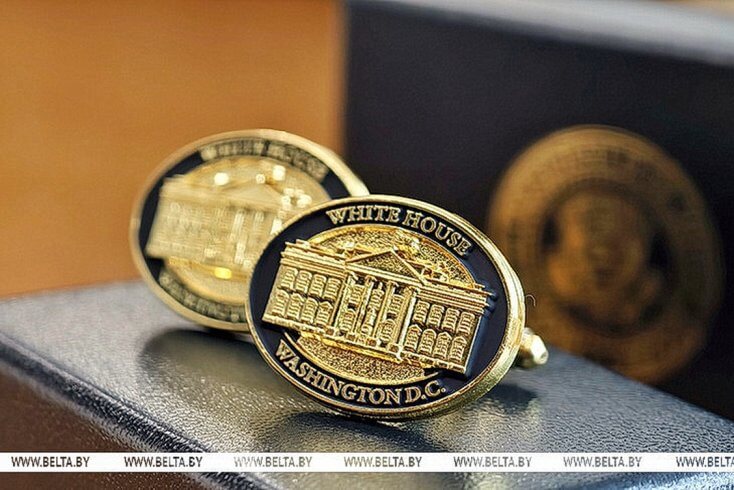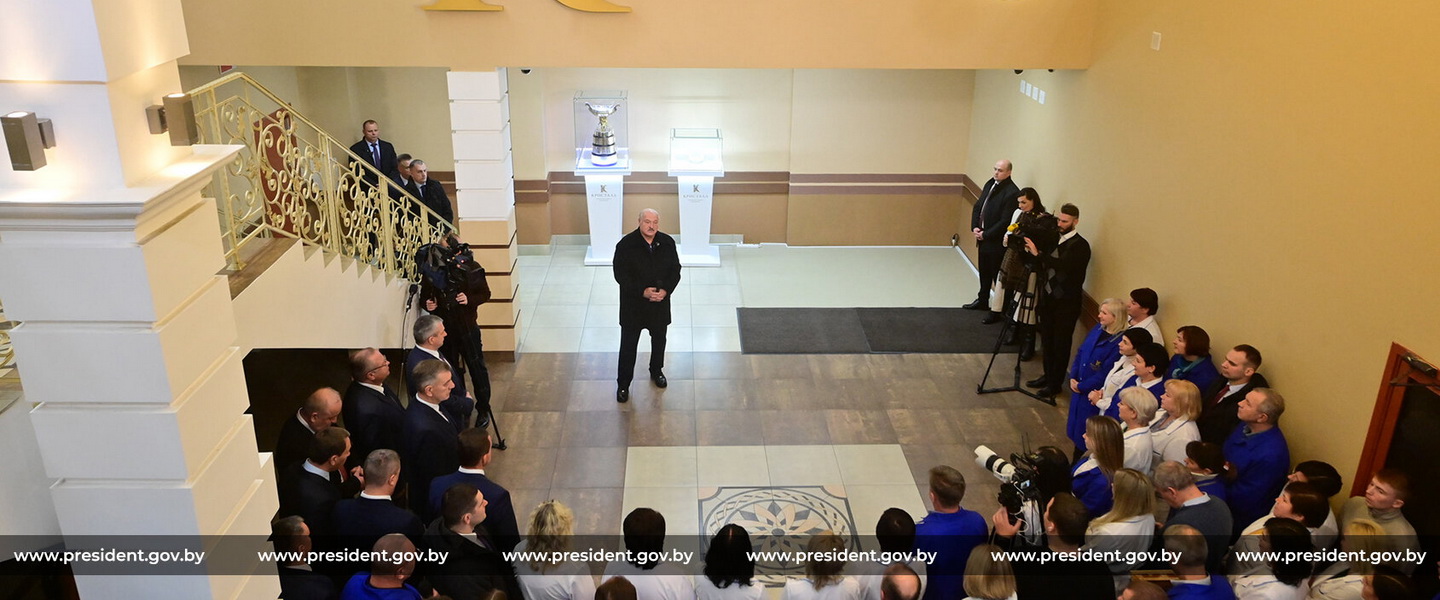
Alaksandar Łukašenka has reprised his favorite subject – the fight against corruption. He came to power in 1994 promising to smash state mafia. Now the strongman is gearing up for elections in 2024 and 2025, but his populism does not inspire voters the way it did three decades ago.
Speaking to factory workers in Homiel on November 17, Łukašenka promised to continue exposing corruption. “We will finish it. Next year – the year of quality – we will make everyone work efficiently, those who want to and those who don’t. If someone is a thief, a crook or a swindler – it will be like with the milk producers. We will not handle them with kid gloves. We will publicly name their names and their ‘creations.'”
Ruler has run out of ideas
Regarding “the milk producers” on November 14, Łukašenka said that the law enforcers had arrested more 15 milk industry executives over alleged fraud involving dairy product deliveries from Belarus to Russia. He mentioned the Mahiloŭ-based holding company, Babuškina Krynka.
“I say this deliberately in front of the governors, because it is characteristic of you,” he said. “I just took Babuškina Krynka, but you will all be held responsible.”
Throughout his rule, Lukashenka has given the green light to many unscrupulous businesses only to arrest their owners later on corruption charges. That is why, he has never been able to defeat corruption. Transparency International ranked Belarus 91st in its 2022 global corruption perception index, down nine places from 2021.
Ukraine ranked 116th and Russia 137th. Denmark ranked first, and Venezuela, Syria and African countries, which Belarusian propaganda portrays as promising partners, were at the bottom.
In Belarus, companies close to the government enjoy special privileges and their owners are untouchable, at least until they disappoint the ruler.
Soviet legacy
Łukašenka has no new ideas, so he shakes the dust off the old Soviet legacy. In Homiel, he supported the suggestion to introduce a national quality mark similar to the official Soviet quality label.
He also reiterated his proposal to declare 2024 the year of quality in another echo from the communist past. In the USSR, 1976-1980 were declared the years of efficiency and quality.
However, the catchy name did not prevent the Soviet economy from stagnating. The quality of many goods was so poor that many took “Made in the USSR” as a sign of bad quality.
“We will make everyone work efficiently,” Łukašenka said. “Those who want to and those who don’t.”
He sees compulsion and fear as universal tools. Indeed, these tools have been effective so far at least in politics. He has crushed dissent, proving to the Kremlin that he is in control and that there is no need to rush with power transition.
In the economy, too, the stick has been working, to some extent. The government employed price controls to contain price hikes. However, economists predict that inflation may accelerate anyway, and the government has already indirectly acknowledged it.
Basically, Łukašenka can be satisfied. In the ten months of 2023, the economy grew by 3.8 percent. Speaking in Homiel about the sanctions, he said, “We have survived. We have markets to sell our products. That is the most important thing.”
The government has managed to prevent a decline in sales, mainly by redirecting exports to Russia. Despite optimistic statements by officials, Africa’s share in Belarus’ foreign trade is still negligible and unlikely to grow considerably.
Moscow has firmly tied Belarus to itself both economically and politically. Belarus’ trade with the EU and Ukraine has fallen almost to zero.
Hard to be Robin Hood after 29 years in power
In fact, the incumbent has already launched his election campaign. In Homiel he said, “I am a peaceful man and I will do everything to prevent a war. This is very important for you. You know that the war is going on just outside your fence here, and it takes a great effort for me to make sure that it doesn’t cross the border here.” In this way, Łukašenka portrays himself as a wise ruler who keeps bombs and missiles from flying into Belarus.
As usual, he blamed Ukraine. “In Ukraine, it started when they started tearing apart this richest country – it was privatized and cut into pieces.” It is true that Ukraine still has corruption, but no matter what, the Maidan revolution showed that its people have European aspirations, and the war is just the Kremlin’s attempt to punish Ukraine for it.
Łukašenka has reverted to his favorite method, populism, at the same time, subtly fomenting hatred for the rich. For example, he noted that in the countryside state-run shops are “gradually losing out to private sellers who only think about their own profits.”
In general, the ruler’s toolbox remains the same. “I see that it is necessary to introduce strict military discipline there . . . We will not allow profiteering at the expense of those who live in dying villages.”
Łukašenka positioned himself a fighter against crooks, thieves and bureaucratic mafia, when he was a member of the Supreme Soviet in 1990. Using the same rhetoric, he won the presidential election in 1994. But most voters no longer buy his populism, as the protests of 2020 have shown. He is short of new ideas but is still hungry for power. Once again he is trying to get into the character of Robin Hood, but now it can only impress the least sophisticated audience.
